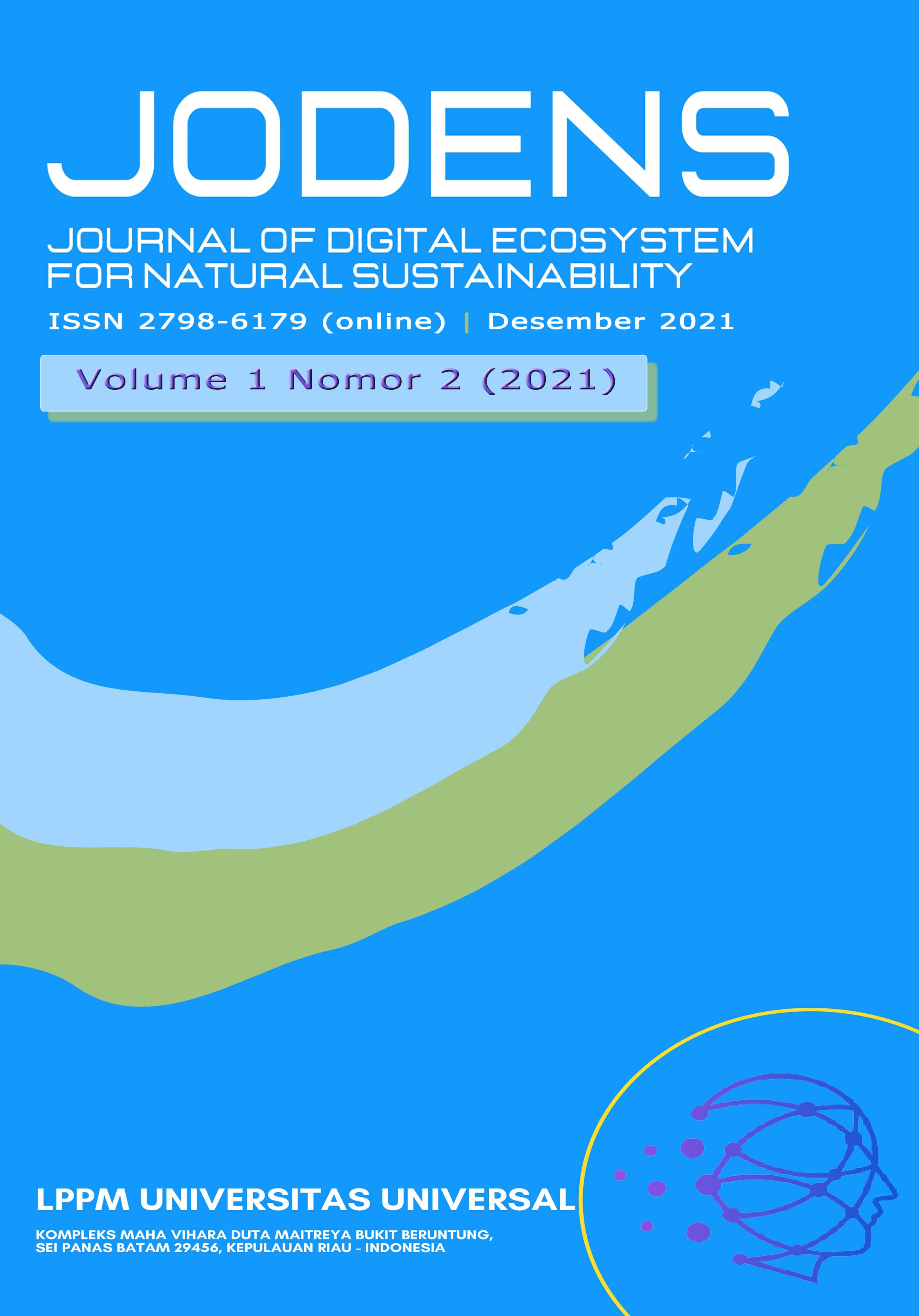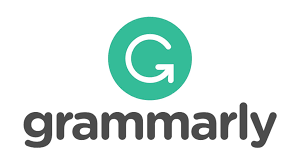Predicting English Language Learners’ Proficiency Level Using EnglishScore Android Application
DOI:
https://doi.org/10.63643/jodens.v1i2.61Kata Kunci:
Android, Categorization, CEFR, TeachingAbstrak
Teaching and learning the English language need to focus on the learners; therefore, as teachers, giving the range of materials and creating the study programs must be based on learners' ability to receive the learning progress in accordance. So, by revealing learners' abilities, teachers can organize their syllabus, material levels, quizzes, and other programs properly. CEFR is a British Council assessment used to know learners' abilities in several languages, including English. In this paper, we use EnglishScore android application to assess the learners' abilities based on CEFR scales. There are five categories of CEFR level scales that the learners of Universitas Universal academic year 2021-2022 provided: C1, B2, B1, A2, A1- using EnglishScore android application for assessment. Most learners acquire A2 level and B1 level with 40 and 28 percentages for overall skills. A2 and B1 with 40 and 28 percentages for grammar achievement, while B1, B2, and A2 for vocabulary achievement with 33, 27, and 26 percentages. A2 and B1 levels for reading and listening skills, with 42 and 23 percentages for reading skills and 39 and 22 for listening practice.
Referensi
K. Said, A. Kurniawan, and O. Anton, “Development of Media-Based Learning Using Android Mobile Learning,” Journal of Theoretical and Applied Information Technology, vol. 15, no. 3, 2018, [Online]. Available: www.jatit.org
Yodi and Y. A. Cita, Panduan Penggunaan LMS Moodle 3.10 Untuk Dosen, 1st ed. Bandung: CV. Media Sains Indonesia, 2021.
J. Pendidikan Bahasa, dan Seni, K. Maha Vihara Duta Maitreya, S. Panas, and O. Anton, “Students’ Responses to English Learning at SMP Maitreyawira Batam,” no. 1, 2018, doi: 10.24036/komposisi.v1.
Association of Language Testers in Europe., Multilingualism and assessment : achieving transparency, assuring quality, sustaining diversity : proceedings of the ALTE Berlin conference, May 2005. Cambridge University Press, 2008.
S. A. Crossley, T. Salsbury, and D. S. McNamara, “Predicting the proficiency level of language learners using lexical indices,” Language Testing, vol. 29, no. 2, pp. 243–263, Apr. 2012, doi: 10.1177/0265532211419331.
British Council, “EnglishScore,” 2021. [Online]. Available: www.englishscore.com
P. L. Peterson and M. Hallinan, “The Social Context of Instruction.”
P. Peningkatan, K. / Pembinaan, H. Suryani, and M. Pd, “Kemampuan Bahasa Inggris Siswa Sekolah Menengah Atas Berdasarkan CEFR (Common European of Reference for Languages) di Kota Jambi,” 2018.
S. K. Southerland, “Influence of Academic Leveling with High School English Classes on Student Perceptions of Achievement and Self-Efficacy,” 2017.
E. Testing Service, “Guidelines for the Assessment of English Language Learners,” 2009.
N. Jones and N. Saville, “European language policy: Assessment, learning, and the CEFR,” Annual Review of Applied Linguistics, vol. 29. pp. 51–63, Mar. 2009. doi: 10.1017/S0267190509090059.
N. Ashiquin, C. Alih, M. Alauyah, M. Yusoff, A. Halim, and A. Raof, “Teachers’ Knowledge and Belief on the CEFR Implementation in Malaysian ESL Classroom,” International Journal of Multidisciplinary and Current Educational Research, vol. 2, no. 5, pp. 126–134, 2020, [Online]. Available: www.ijmcer.com
Unduhan
Diterbitkan
Cara Mengutip
Terbitan
Bagian
Lisensi
Hak Cipta (c) 2021 Oey Anton, Yodi

Artikel ini berlisensi Creative Commons Attribution 4.0 International License.
















